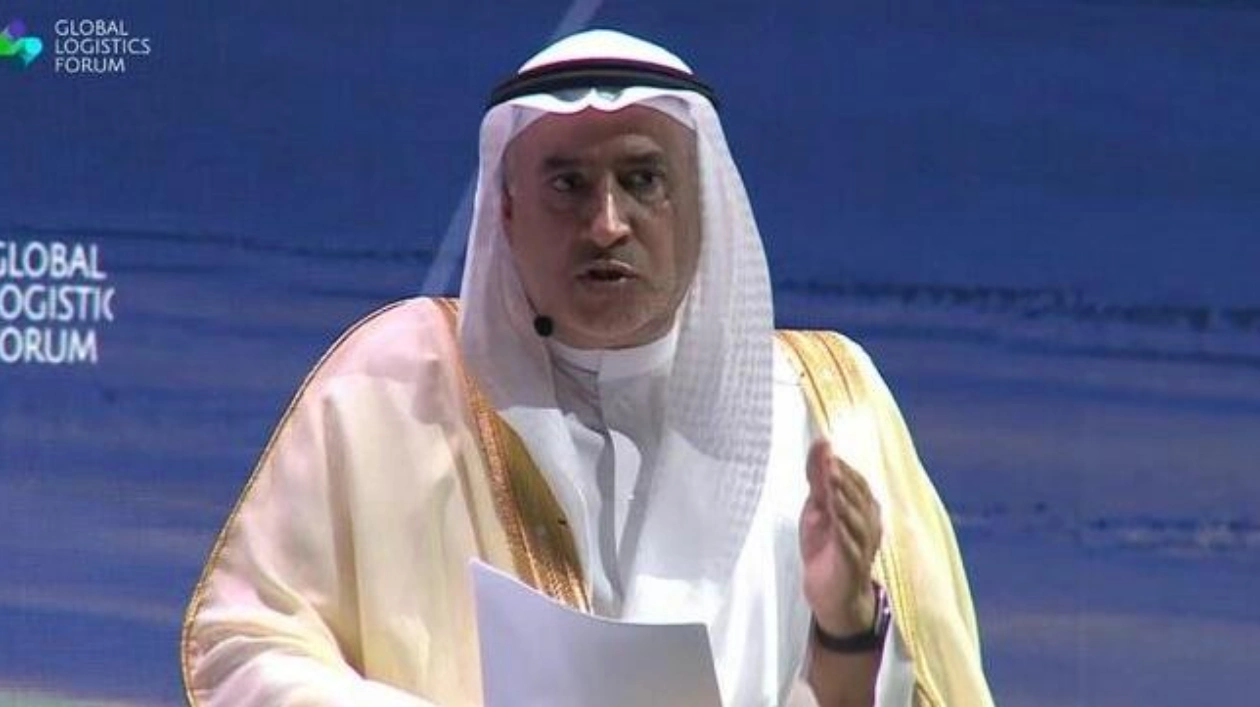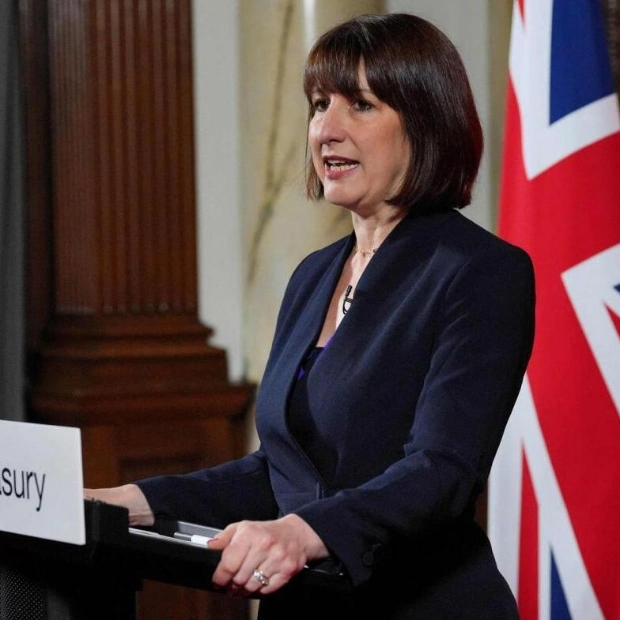RIYADH: Saudi Arabia is prioritizing innovative, technology-driven investments in its logistics sector as part of its Vision 2030 strategy, according to an assistant minister.
Speaking at the Global Logistics Forum, Abdullah Al-Dubaikhi, assistant minister at the Ministry of Investment, emphasized the Kingdom’s commitment to training a workforce capable of adapting to the sector’s technological advancements.
Saudi Arabia’s National Logistics Strategy aims to establish the Kingdom as a global logistics hub by 2030, increasing the sector’s contribution to the gross domestic product from 6 percent to 10 percent.
“We are seeking unique types of investments that incorporate innovation. Building a standard warehouse will not suffice as we already have many. However, investments like Maersk’s fully robotic warehouse in Jeddah are exactly what we are looking for,” said Al-Dubaikhi.
He stressed the importance of smart warehouses and skilled professionals, stating, “Employing 10 software engineers to manage robotics is more beneficial than hiring 1,000 unskilled laborers.”
Al-Dubaikhi also highlighted the significance of training and development, noting that this new era demands innovative training formats. “Research and development are crucial. We are promoting unique projects to upscale the sector.”
He further emphasized the importance of public-private partnerships, citing the example of Madinah airport and noting that Saudi ports are now fully operated by the private sector.
Al-Dubaikhi pointed out Saudi Arabia’s strategic geographical location, which positions the Kingdom as a global logistics hub, accessible to the east, west, south, and north.
He outlined several key factors that will determine Saudi Arabia’s journey to become a world-class logistics destination, including location, infrastructure quality, efficient operations, technology, regulation, and connectivity.
The assistant minister welcomed foreign investors, noting that Saudi Arabia offers a favorable regulatory environment for businesses, allowing 100 percent ownership for foreign investors in most sectors.
In a separate speech, Rayan Al-Bakri, deputy minister at Saudi Arabia’s Ministry of Transport and Logistics, stated that the Kingdom aims to integrate all stakeholders and entities in the sector under one umbrella to facilitate a smoother journey.
Suliman Al-Mazroua, CEO of Saudi Arabia’s National Industrial Development and Logistics Program, also spoke at the forum, stressing that the future of supply chains will be shaped by advanced technologies such as artificial intelligence, automation, and data-driven approaches.
He emphasized the importance of responsible investments in ensuring sustainability and tackling future supply chain disruptions.






